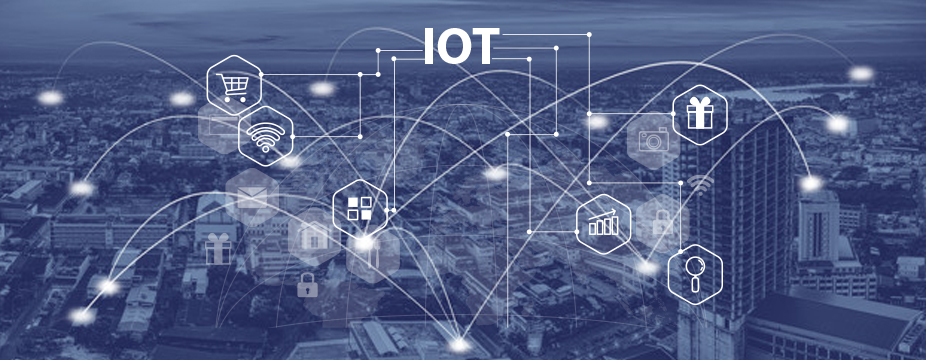Data Science, AI & IoT: The Whole Is Greater Than The Sum Of Its Parts
Improving business productivity and performance majorly depends on collecting the data and effectively analyzing it. With the growing popularity of IoT, there will be an obvious surge in data that will require better infrastructure and smarter Data Science approaches.
Internet of Things (IoT) is not a separate piece of the latest technology but a convergence of various complementing technologies that contribute towards production optimization, predictive maintenance, asset monitoring and management, new products and services, etc of the businesses.
It is expected that, by 2020, more than 20 billion devices will be connected. This depicts the enormous volumes of data that will be generated from these devices. One of the primary goals of technology has always been contributing to the betterment and enrichment of businesses and human lifestyles. To completely realize this goal, IoT requires data to be harnessed so that it could offer enhanced experiences or find new ways to do this autonomously.
By leveraging Data Science and Machine Learning techniques on the IoT data procured from a range of devices, like sensors to networks to end devices, data can be extracted and analyzed to uncover data intelligence. IoT is one of the huge contributors in terms of data generation. Implementing Data Science in IoT becomes obvious more than ever as Data Science encompasses a range of interdisciplinary techniques that help draw insights from raw data.
Approximately 80 zettabytes of data are considered to be generated from IoT devices. All this data, if harnessed, will significantly impact many business processes. Let’s explore a few concepts on how Data Science can make IoT products and platforms more powerful and feature-rich.
Edge processing
The big data for IoT is not stored in the cloud but instead can be processed near the source. The entire data is not sent back to the cloud. Because of the high volumes of data generation, the edge processing is crucial for large scale IoT deployments.
Analytics models
Different analytics models are implemented across different IoT verticals. Time series models like ARIMA, Holt-Winters, etc are generally used for IoT. For instance, predictive maintenance, anomaly detection, forecasting, etc commonly take the data inputs from IoT.
Deep Learning & Reinforcement Learning
Deep learning models like CNNs and reinforcement learning have applications for IoT as they can learn on their own. A different form of pre-processing is required for the IoT datasets. Monitoring the data from sensors is expensive and time-consuming. Also, the data keeps fluctuating based on the behavior of devices in different conditions. Deep learning algorithms help reduce all the above-said risks.
Real-time processing
IoT devices generate fast, big, and real-time data. Real-time applications form a natural alliance with IoT. Unstructured data is provided by various sources and the only way to extract data intelligence from such data is by classifying the data as it comes. Many IoT applications have distinctive analytical requirements based on large and fast data streaming.
Cloud robotics
Cloud robotics is generally implemented in logistics, monitoring, training, and entertainment. Cloud robotics refers to a form of distributed learning, where machines can learn from other machines without any requirement of training. We discussed, above, about how deep learning algorithms can learn on their own. This theory can be extended to machines teaching other machines within the enterprise. IoT is a key source of data in an enterprise IoT system and reinforcement learning is the key technology that drives IoT for the enterprise.
The increase in the number of connected devices is leading to an enormous increase in the data volumes that an enterprise has to manage with the help of data science technologies. The synergy of Data Science with IoT, thus, enables new monitoring services and enhanced processing of sensory data streams.
Do you want to enhance the capabilities of your IoT product or platform? Our on-demand platform, Qualetics can help you leverage AI & other data technologies, to build intelligent IoT products. To know how Qualetics can bring AI into your IoT product, book a demo here.
